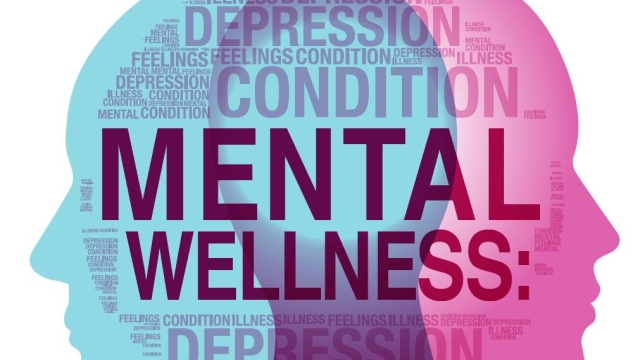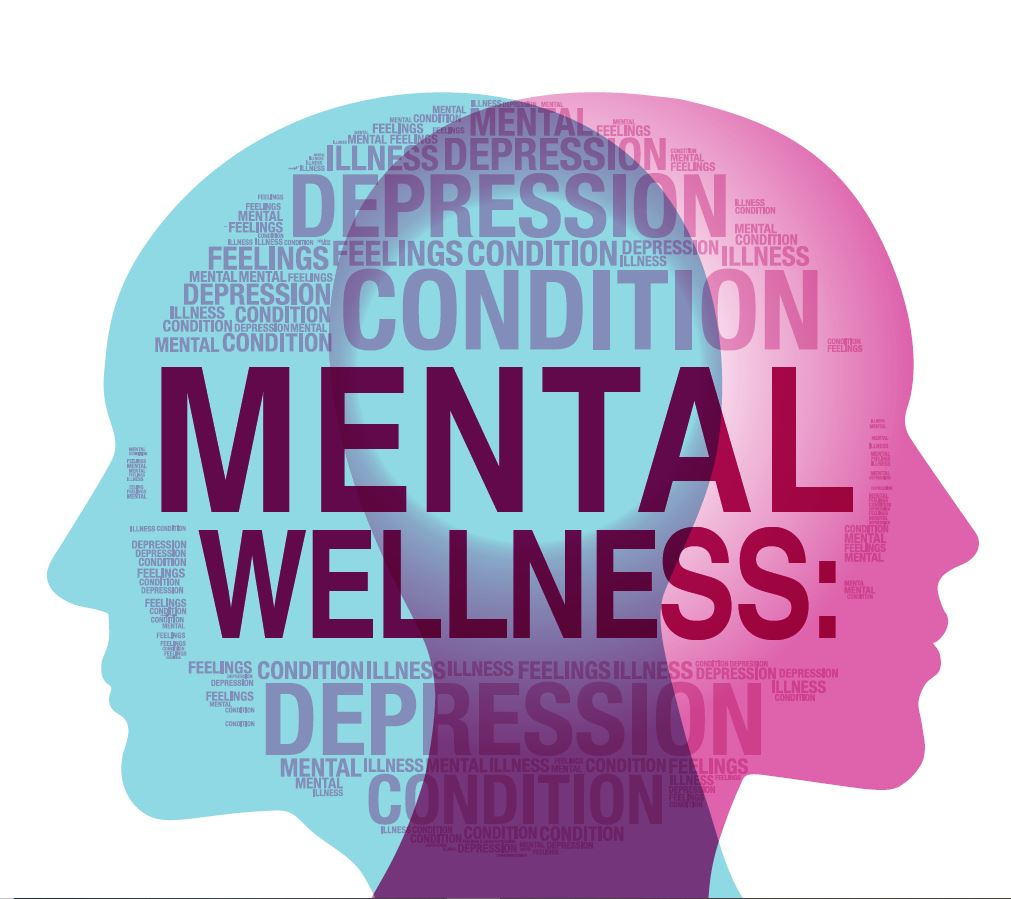
From Stigma to Strength: Revolutionizing Mental Health Care

The state of mental health care has long been plagued by stigma and misunderstanding. Countless individuals have suffered in silence, afraid to seek the help they needed or to share their struggles with others. But it is time for a revolution – a transformation that turns mental health care from a realm of judgment and fear to one of strength and support.
Mental health care encompasses a broad range of conditions and experiences, from anxiety and depression to bipolar disorder and schizophrenia. Yet for far too long, society has shied away from acknowledging these issues openly, leaving those affected feeling isolated and alone. This stigma has only perpetuated the notion that mental health is something to be ashamed of, further preventing individuals from seeking the care they deserve.
But now, we stand at a turning point. A growing awareness of mental health issues has ignited a collective desire for change. People are slowly recognizing the importance of addressing mental well-being just as they would physical health. And as this shift in mindset gains momentum, so do the opportunities for revolutionizing mental health care as we know it. The time has come to dispel misconceptions, challenge societal norms, and pave the way towards a brighter future for all those impacted by mental health challenges. Together, we can transform mental health care from a source of stigma to a beacon of strength and compassion. The journey begins now.
Challenging the Stigma
Mental Health Care is an essential aspect of overall well-being, and yet it is often surrounded by a negative stigma in our society. This stigma stems from a lack of understanding, misinformation, and fear. However, it is high time that we challenge these misconceptions and start viewing mental health care in a more positive light.
One of the main hurdles in revolutionizing mental health care is breaking down the barriers created by stigma. The societal perception that mental health issues are a sign of weakness or personal failure needs to be dismantled. By educating the public about the true nature of mental health and its prevalence, we can begin to shift the narrative towards a more empathetic and supportive approach.
An important step in challenging the stigma is promoting open conversations about mental health. It is crucial to create safe spaces where individuals feel comfortable sharing their struggles and seeking help without fear of judgment or discrimination. By normalizing these conversations within families, schools, workplaces, and communities, we can create a more inclusive society that prioritizes mental health as much as physical health.
Additionally, media plays a significant role in shaping public opinion and perpetuating stereotypes. It is essential for media outlets to portray mental health care accurately and responsibly. By depicting stories of resilience, recovery, and success, we can showcase the strength and resilience of individuals facing mental health challenges, thereby combating stigma and inspiring hope.
In conclusion, challenging the stigma surrounding mental health care is a crucial step towards revolutionizing the way we approach and prioritize it. By providing education, promoting open conversations, and shaping positive narratives in the media, we can create a society that embraces mental health care as an integral part of our overall well-being.
Innovative Approaches
In the realm of mental health care, innovative approaches are revolutionizing the way we address and treat mental health conditions. These pioneering methods aim to break free from traditional stigmas and provide effective, holistic support for individuals seeking help.
Teletherapy and E-Mental Health: With the advancement of technology, teletherapy and e-mental health platforms are emerging as game-changers in the field. The accessibility of therapy and counseling services through virtual mediums has expanded significantly, allowing individuals to seek help from the comfort and privacy of their own homes. This approach has also become invaluable in reaching those who may be unable to attend in-person sessions due to distance, mobility issues, or other barriers.
Peer Support Networks: Recognizing the power of lived experiences, peer support networks have become an integral part of mental health care. These networks connect individuals who have faced similar challenges, offering them a platform to share their stories, seek advice, and provide support to one another. By fostering a sense of community and solidarity, peer support networks empower individuals with a sense of belonging and help reduce the isolation often experienced by those with mental health conditions.
Integrative Approaches: Recognizing that mental health is influenced by various factors, integrative approaches consider the whole person rather than focusing solely on symptoms. These approaches combine different therapeutic techniques, such as cognitive-behavioral therapy, mindfulness-based interventions, and art therapy, to address the complex needs of individuals. By integrating multiple modalities, mental health practitioners can tailor treatment plans to suit individual preferences, enhancing overall well-being.
Through these innovative approaches, the landscape of mental health care is evolving rapidly. By embracing technology, fostering supportive communities, and considering the holistic nature of mental health, we are making significant strides towards a future where mental health care is accessible, effective, and stigma-free.
Empowering Treatment Options
Holistic Approaches: In our journey towards revolutionizing mental health care, it is crucial to embrace treatment options that address the well-being of the individual as a whole. Holistic approaches encompass various therapies, including yoga, mindfulness, and meditation, that can help individuals develop self-awareness, manage stress, and cultivate inner peace. By focusing on the mind-body connection, holistic treatments empower individuals to take an active role in their mental health care journey.
Peer Support Networks: Building a strong support system is paramount when it comes to promoting mental well-being. Peer support networks provide individuals with a safe space to connect, share experiences, and offer mutual encouragement. These networks may take the form of support groups, online forums, or community organizations. By connecting with others who understand the challenges of mental health firsthand, individuals can gain insights, access resources, and find solace in knowing they are not alone.
Personalized Treatment Plans: Every individual’s mental health journey is unique, and it is crucial to recognize and address this diversity in treatment approaches. Personalized treatment plans involve tailoring interventions to meet the specific needs and goals of each individual. This could include a combination of therapy types, such as cognitive-behavioral therapy (CBT), dialectical behavior therapy (DBT), or psychodynamic therapy. By acknowledging the individuality of mental health experiences and customizing treatment plans, we empower individuals to actively engage in their own recovery process.
https://thcdabwoodsvape.co.uk/
In conclusion, embracing holistic approaches, fostering peer support networks, and implementing personalized treatment plans are vital steps towards revolutionizing mental health care. By prioritizing these empowering treatment options, we can transform stigma into strength and pave the way for a more inclusive and effective approach to mental health care.



